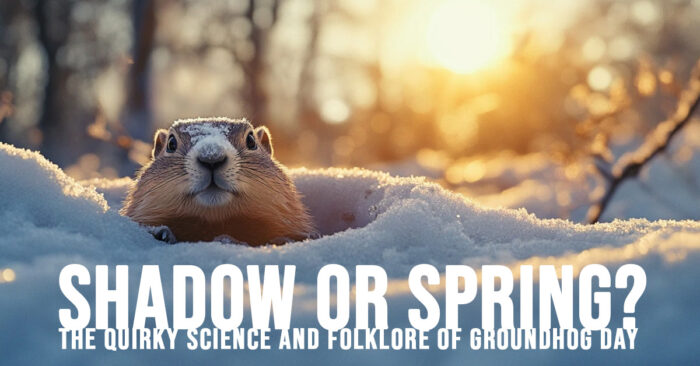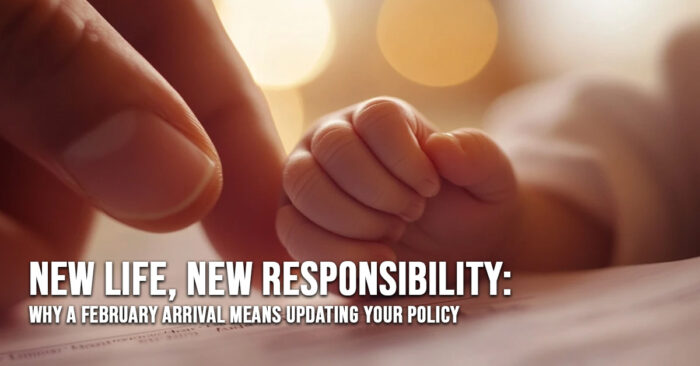Home

The Earth is warm enough for us to inhabit because of gases in our planet’s atmosphere that hold heat, which is carbon dioxide and methane. This makes the average temperature on Earth 59 degrees Fahrenheit. We have increased the average temperature by 35% by the way we do things on earth. If there are more greenhouse gases (methane and carbon dioxide), there are warmer temperatures.
Methane is produced by things like rotting garbage, wastewater, and gas from livestock and rice crops. With all our landfills and sewage, we are creating those gases in excess amounts daily. With the amount of beef eaten by Americans daily, we have cow farms that kill over 29 million cows a year. Just imagine how many cow toots they produce.
Carbon dioxide is produced by burning fossil fuels, which are coal and oil. Co2 also occurs on our planet already, naturally.
By how we use our land and energy, we are producing these gases in excess, creating warmer temperatures over time, which has led to global warming.
We burn fossil fuels for electricity and to warm our homes, for transportation (cars, planes, trains), and manufacturing products we use every day.
We log to have wood to burn and build, we clear forests for agriculture and development. Trees absorb carbon dioxide in our environment, and with the removal of forests, there are fewer trees which equals more carbon dioxide.
Earth provides everything we need for survival. Our oxygen to breathe, the dirt to produce crops so we can eat, all of the natural resources we use on a daily basis. With too much garbage, too many cattle, too many fuels being burned, we are harming the planet that is our home.
Actions have consequences. Warmer weather creates more hurricanes, the melting of polar ice caps, increasing extinction.
How can we reverse the damage we’ve done? With time, and greener choices.
- Use energy efficient appliances. By saving energy, you can also save money. Buy bulbs that save up to 80% more energy.
- Use less water. Take quicker showers, and if you can, use cooler Hot water burns more fuel. Turn off the water while you brush your teeth. Be conscientious of how much water you use while doing dishes. Etc.
- Eat less meat. Not only can this benefit our environment, but it can also help you by lowering your cholesterol levels.
- Unplug unused appliances.
- Travel smarter. Carpool when you can. Walk when you can, stop and smell the roses.
 By: KayLynn
By: KayLynn
Do you have questions about your insurance? Find an insurance agent near you with our Agent Finder
Search All Blogs
Search All Blogs
Read More Blogs
Let the Good Times Roll—Safely: Mardi Gras Liability for Your Business
Hosting a Mardi Gras party this Tuesday? Make sure your business has the right event liability and liquor coverage before the beads start flying.
The Business “Prenup”: Why Business Partners Need Life Insurance in February
Love your business partner? Protect your company with a Life Insurance-funded Buy-Sell agreement to ensure the business survives the unexpected.
Heading South? Insuring Your Mid-Winter Break Road Trip in February
Driving to find some sun this week? Check your roadside assistance and rental car coverage before you leave the driveway.
Spring Dreams, Winter Schemes: Updating Your Insurance Before Your Spring Renovation
Planning a Spring kitchen remodel? Learn why you need to call your insurance agent before the contractors arrive to ensure your project is covered.
Shadow or Spring? The Quirky Science and Folklore of Groundhog Day 2026
Will he see his shadow? Dive into the history and humor of Groundhog Day 2026 and why we still trust a rodent with our weather forecasts.
Stocked for Love: Protecting High-Value Valentine’s Inventory with Business Insurance
Is your Valentine’s stock protected? Ensure your business insurance accounts for the massive inventory surge happening in early February.
New Life, New Responsibility: Why a February Arrival Means Updating Your Policy
Welcoming a new family member this February? It’s time to move life insurance to the top of your to-do list to ensure your child’s future is secure.
Delivering Love: The Insurance Risks of Valentine’s Week Gig Work
Delivering flowers or chocolates for extra cash this Valentine’s? Make sure your car is actually insured for delivery work before you hit the road.
Tax Prep & Protection: Ensuring Your Home Office is Fully Insured for 2026
Prepping your taxes? Don’t forget to check your home office insurance. Your standard policy might not cover your professional gear or liability.
More Than Just a Sale: The Fascinating Evolution of Presidents’ Day
Why is Presidents’ Day on a Monday? Explore the history, the politics, and the trivia behind our mid-February celebration of national leadership.









